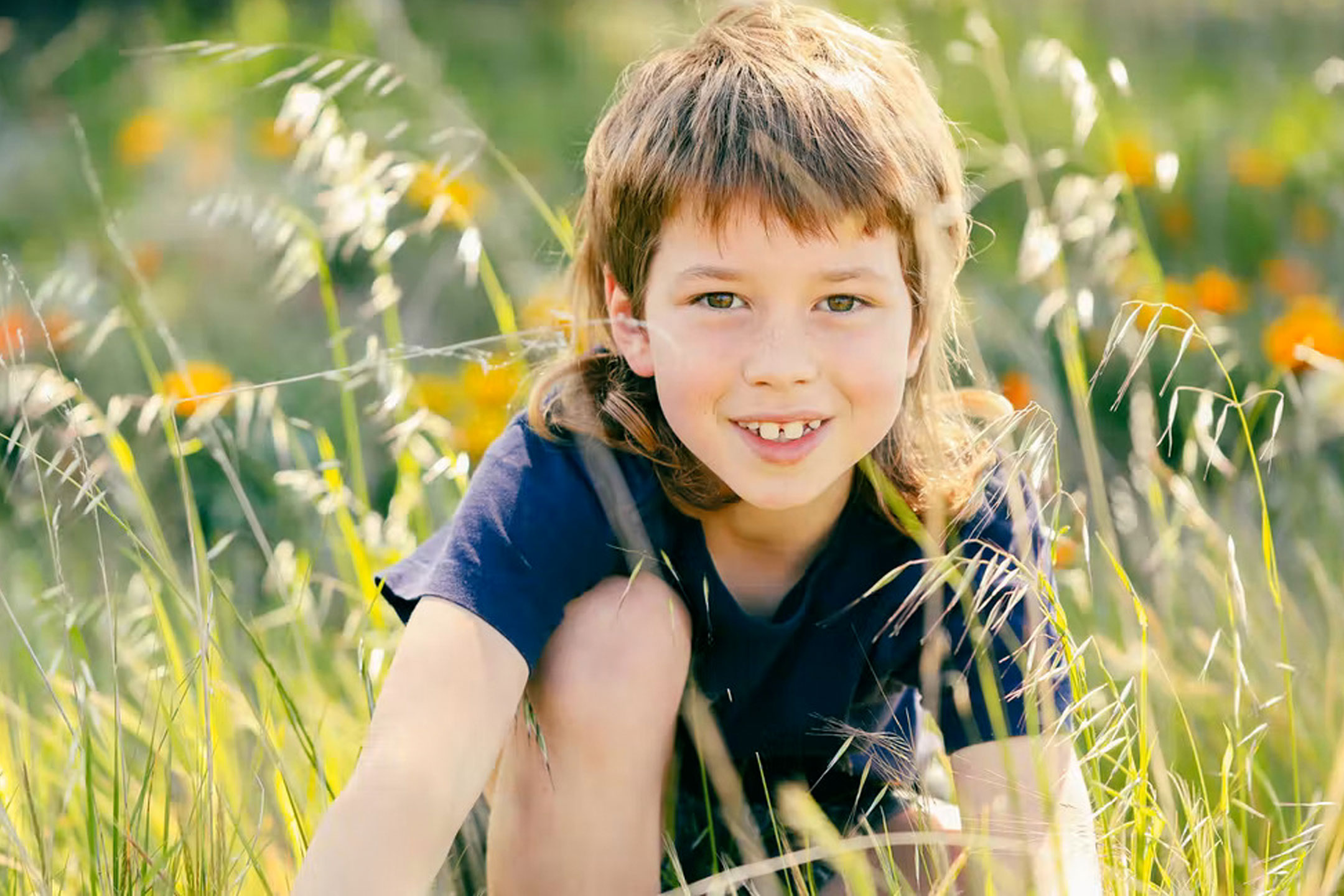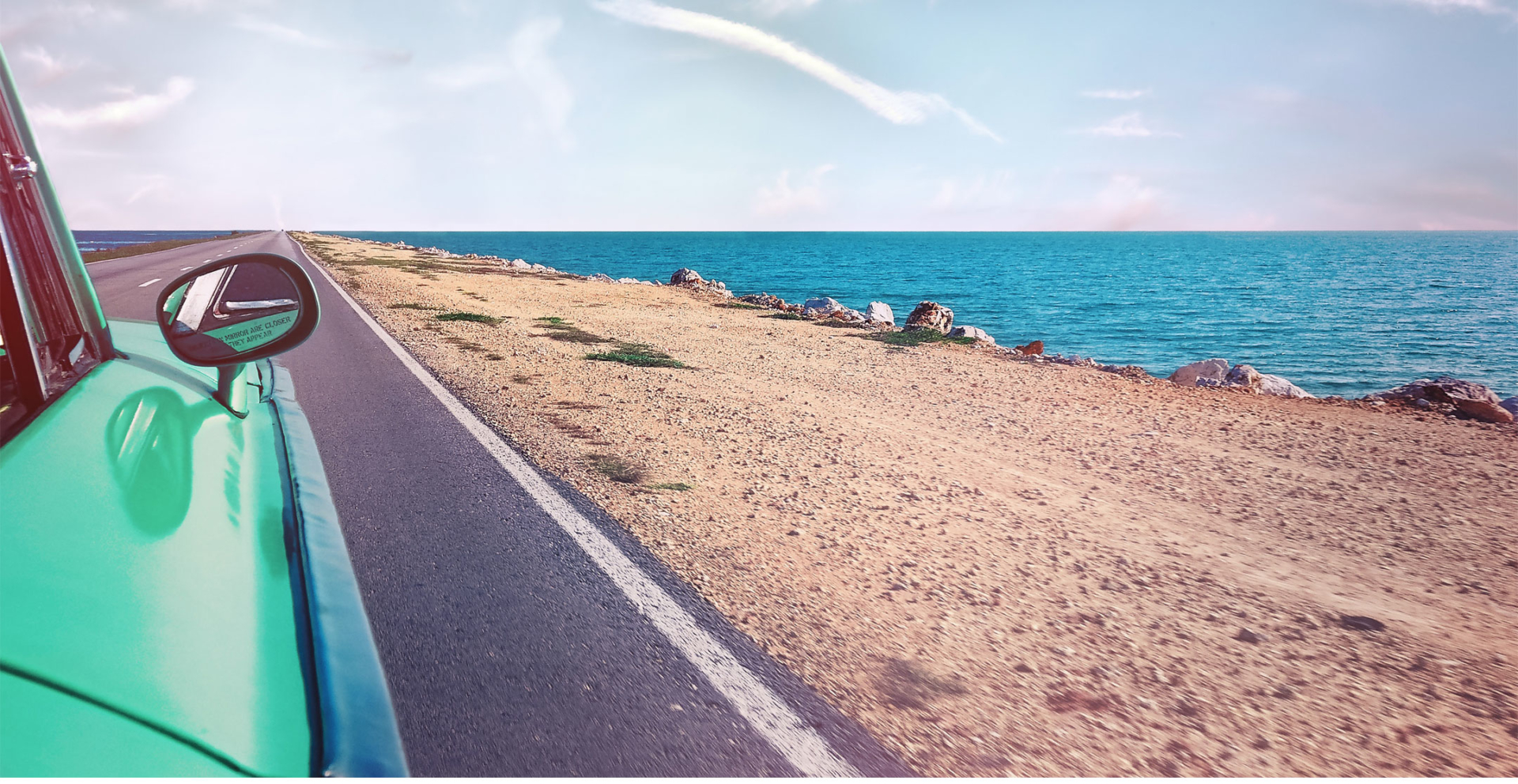
12 Jun 7 Creative Approaches to Educational Travel with Kids
Explore how you can leverage your next family holiday to create meaningful educational experiences for your children.
Family trips offer more than just a break from routine – they present unique opportunities for hands-on learning experiences. Many families use these holidays as an opportunity to enrich a child’s education, turning these journeys into educational adventures. This helps foster curiosity and cultivate a love for exploration, while also turning travel time into valuable moments of learning.
History on the road
- Plan an historical road trip to immerse your family in the stories of the past. History often repeats itself, and teaching kids about the past is important for them to understand where we come from, how our society has evolved and what lessons can be learned for the future. You can plan visits to museums, historical landmarks, and heritage sites along your route. Many locations offer guided tours and interactive exhibits, allowing children to visualise and better understand historical events.
 Geography in action
Geography in action
- Turn your trip into a geography lesson by exploring diverse landscapes along the way. Take time to discuss the geographical features you encounter, from mountains and rivers to plains and deserts. Encourage your children to map out your journey, identifying different states or countries you visit or pass through. Find age-appropriate books or documentaries about the places you explore to deepen their understanding. This hands-on approach to geography can help build a deeper knowledge of the world and its varied ecosystems.
Little trip planners
- Get your kids involved with the different elements that go into planning a holiday. You might like to have them help in researching and planning out the route or create a budget for meals and activities. This will help them develop critical thinking skills, while also learning about budgeting, time management, and general planning.
Foster responsibility
- Family travel also provides the opportunity to teach kids the importance of being aware of their surroundings and taking responsibility for their belongings. When on the road, remind your children to be vigilant about their personal items, whether it’s keeping track of their backpacks in bustling markets or ensuring they have all their belongings before leaving a hotel room. However, despite your best efforts there might be hiccups during your travels, and there’s always the risk of personal items being stolen or luggage getting lost. It’s wise to consider the various travel insurance options available and to compare policies to ensure adequate coverage for your trip.
Language and literature on the go
- Audiobooks are an excellent way to incorporate literature into your travels. Select books that align with your destination or focus on the culture and history of the areas you are visiting. Engage in family discussions about the stories, characters, and themes. Additionally, encourage your children to keep travel journals, documenting their experiences and reflections. This not only can develop their writing skills but also creates lasting memories they can look back over in the future.

Scientific exploration
- Nature is a wonderful teacher, and travelling to new places provides the perfect opportunity for kids to explore the outdoors. Plan stops at national parks, botanical gardens or reserves to observe local flora and fauna in their natural habitat. Introduce your children to concepts like ecosystems, biodiversity, and environmental conservation. Photographing specimens, identifying plants and animals, or stargazing during the night can spark a love for science and the natural world.
Cultural immersion
- Expose your children to different cultures by incorporating cultural experiences into your itinerary. This could include visiting local markets, tasting regional cuisine and attending cultural events or festivals. When appropriate, encourage your children to interact with locals, ask questions, and learn about traditions, customs, and languages. This immersive experience fosters an appreciation for diversity and broadens their cultural awareness.
Education while travelling transforms family trips into dynamic learning experiences, providing children with a well-rounded education that extends far beyond the classroom. By incorporating several different educational activities into your travels, you not only create lasting memories but also instil a lifelong love for learning. Embrace the journey as a valuable part of your child’s education, where the road becomes a pathway to knowledge and discovery.
contributed by Phillipa Arrowsmith


